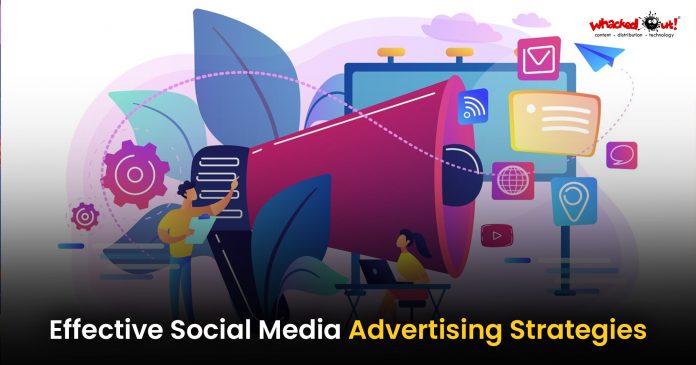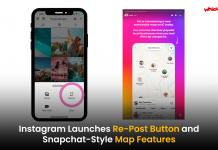The future of B2B marketing is rapidly evolving, influenced by technological advancements, shifting buyer behaviors, and changing expectations. As businesses adapt to this new landscape, understanding the key trends and strategies that will shape B2B marketing in the coming years is essential for success.
The Digital Transformation
The shift towards digital and data-driven marketing is at the forefront of B2B evolution. With more customers moving online, B2B marketers must develop engaging digital strategies that resonate with their target audiences. This transformation has made digital marketing a core component of B2B operations rather than just an extension of traditional methods.
Key Trends Shaping B2B Marketing
- Automation and AI Integration: Automation tools are becoming essential for B2B companies, with 76% already using these technologies to enhance their marketing efforts. AI is revolutionizing data interaction, enabling real-time insights and more effective decision-making.
- Personalization at Scale: Over 90% of B2B buyers expect personalized experiences throughout their purchasing journey. Marketers must leverage data to tailor offerings and communications to meet individual buyer needs effectively.
- Evolving Decision-Making Units (DMUs): The complexity of B2B purchases has increased, with 82% involving multiple stakeholders. Understanding the dynamics within these decision-making units is crucial for crafting effective marketing strategies.
- Focus on Customer Experience: Today’s B2B buyers desire experiences similar to those in B2C transactions. A seamless customer journey that prioritizes user experience will be vital for client retention.
- Content Marketing Remains Essential: Content continues to play a critical role in the buyer’s journey. Studies show that B2B buyers consume an average of 13 pieces of content before making a decision. Brands must focus on creating high-quality, relevant content that addresses buyers’ pain points.
- Social Media’s Growing Influence: Social media platforms are increasingly important in the B2B space, with 94% of Millennial decision-makers using social media for work-related purposes. Engaging on these platforms can enhance brand visibility and foster connections.
- Marketplace Models: The rise of niche B2B marketplaces is reshaping how businesses operate. With over 400 specialized marketplaces in the U.S., companies must explore these platforms to reach new audiences and enhance their offerings.
Embracing Technology for Competitive Advantage
As technology continues to evolve, B2B marketers will need to adapt their strategies accordingly. The integration of AI and machine learning will enable companies to analyze vast amounts of data more efficiently, allowing them to identify trends and optimize their marketing efforts in real time. Additionally, advancements in automation will streamline processes, making it easier for marketers to manage campaigns across multiple channels while ensuring consistent messaging.
Building Relationships
Despite the technological focus, building genuine relationships remains paramount in B2B marketing. Emotional connections can drive loyalty and advocacy among clients, leading to long-term partnerships. Brands that prioritize authenticity and transparency in their communications will resonate more deeply with their audience.
Conclusion
The future of B2B marketing is set to be defined by digital transformation, personalization, and strategic technology use. As businesses navigate these changes, embracing innovative strategies while focusing on building meaningful relationships will be crucial for success in an increasingly competitive landscape. By staying ahead of these trends and adapting to evolving buyer expectations, B2B companies can position themselves for sustainable growth in the years to come.




